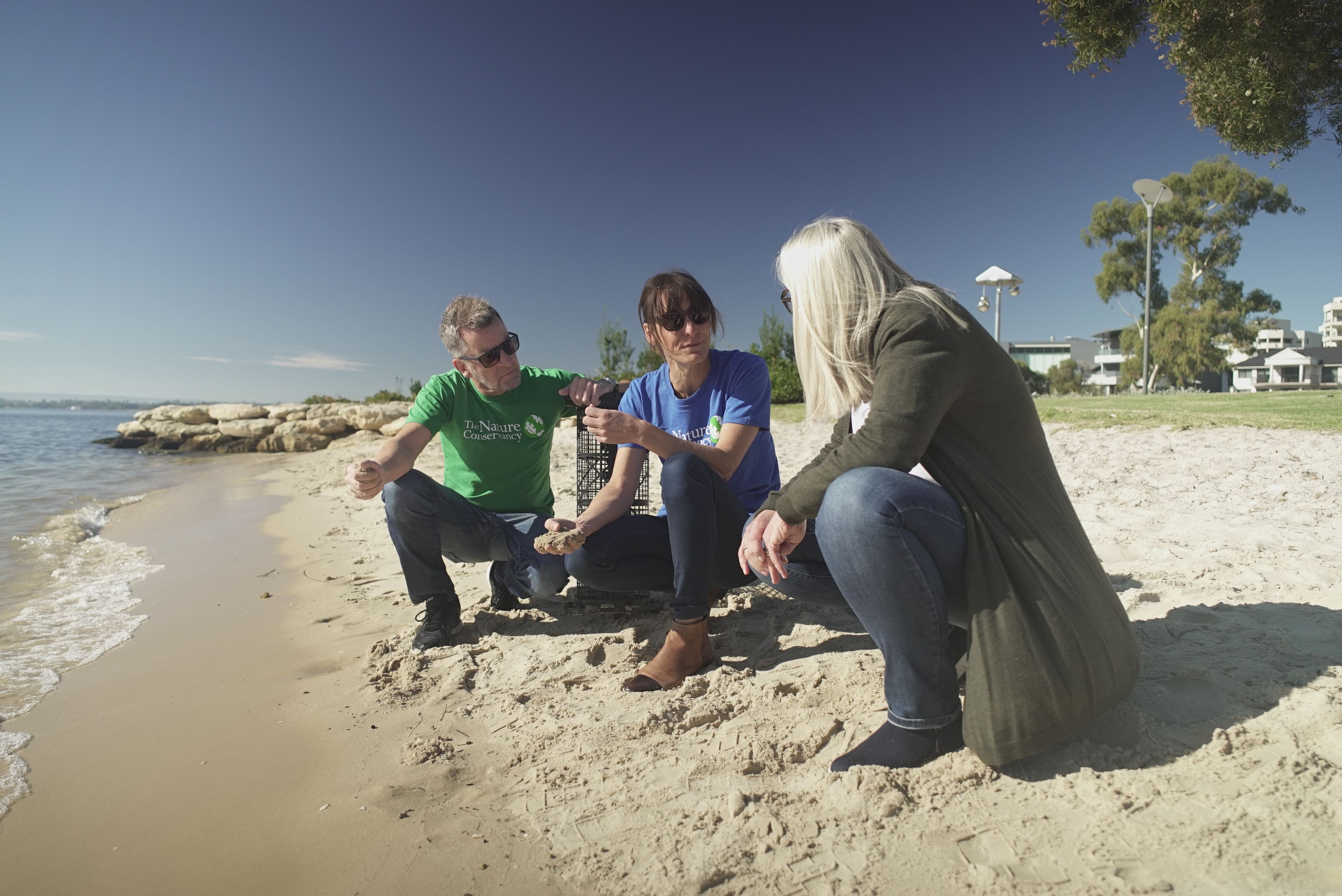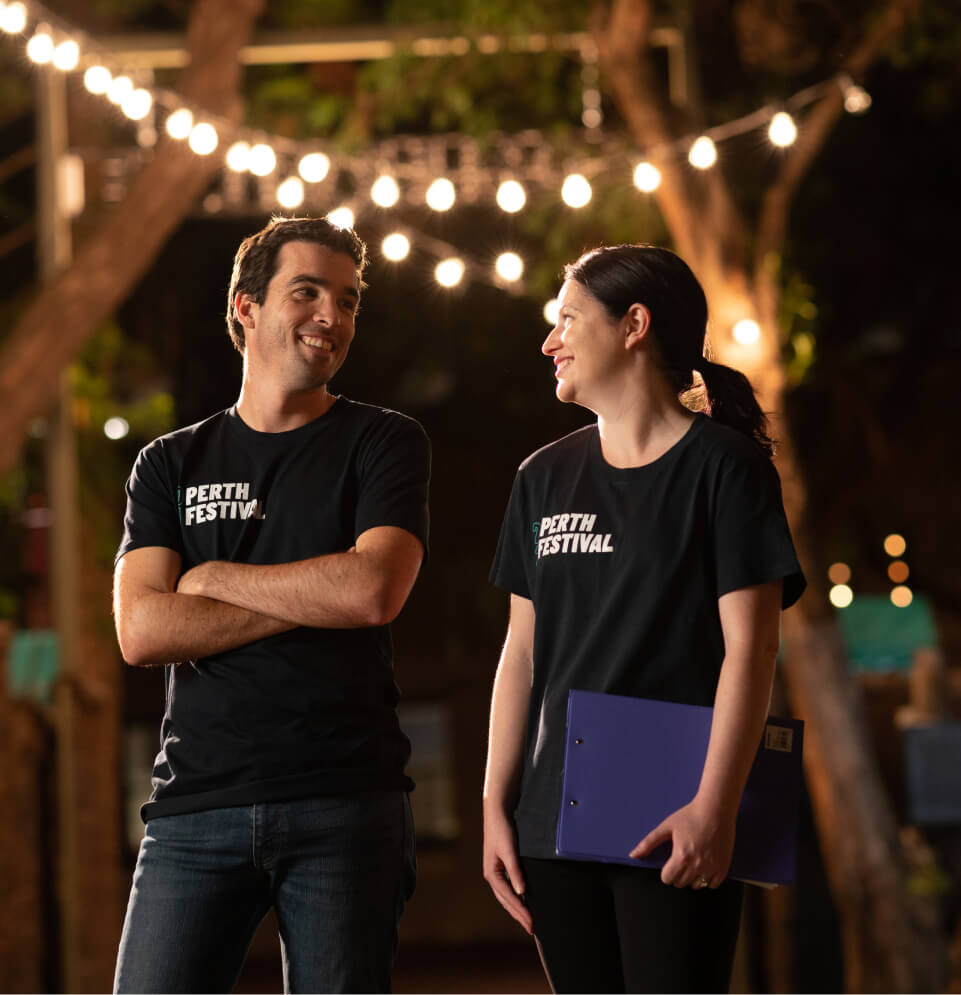Sector trends
Systems change and outcomes-based funding programs – funding for the future
Outcomes-based grants and philanthropy programs can play a crucial role in supporting systems change by providing the resources and support necessary for organisations to implement new, innovative solutions.
01 March 2023
Systems change is a concept that refers to the process of transforming the way society functions, to address root causes of complex social issues and create sustainable solutions. Complex problems typically require radical shifts in how they are solved, and these solutions lead to further change. It involves rethinking and redesigning the systems, policies, and structures that contribute to a problem, rather than simply addressing its symptoms – working on the system, rather than in it. Outcomes-based grants and philanthropy programs can play a crucial role in supporting systems change by providing the resources and support necessary for organisations to implement new, innovative solutions.
Enabling systems change, by nature, involves a focus on long-term impact rather than short-term gains. While there are significant complexities inherent in this approach, it recognises that creating lasting change often requires a deep understanding of the underlying systems and structures that contribute to a particular problem or issue, and that these are unlikely to be addressed with short-term, end dated projects, or funding geared to such. Recently we’ve seen a global shift in the way funding programs are being designed and administered, away from funding short-term outputs, and towards the enablement of long-term outcomes and impacts.
How can outcomes-based funding programs enable systems change?
Outcomes-based grants and philanthropy programs can support systems change by providing flexible and negotiated funding for organisations to pilot novel approaches and test new ideas. This type of funding approach requires a certain amount of risk tolerance and trust from funding organisations, but can enable innovation, and kickstart game changing ‘big ideas’ that otherwise might not be achieved.
These programs can also support systems change by providing funding for organisations to scale up successful innovations. Once an organisation has developed and tested an innovative approach that has been shown to be effective, funding can provide the resources necessary for the organisation to expand and replicate their solution on a larger scale, and to have a greater impact on the systems that contribute to a problem.
Another opportunity for outcomes-based grants and philanthropy programs to support systems change is by providing funding for organisations to build capacity and develop new skills. For example, funding for organisations to train staff and volunteers, or to hire personnel with specialised skills can help organisations to build the capacity or strategy they need to implement new solutions for systems change, and to sustain these for enduring impact.
In addition to funding alone, other forms of support can be offered to organisations to help implement systems change. Examples might include a philanthropic grant program providing technical assistance to help with data collection and analysis, access to experts in a particular field or networking opportunities for organisations to connect with others working on similar issues.
Systems change often requires a wide range of stakeholders to work together, including government, business, and community organisations. Outcomes-based grants and philanthropy programs can foster critical collaboration and partnerships with these stakeholders. By providing funding and resources to support collaboration and partnerships, grant makers and philanthropists can help to bring together and empower the necessary actors to create lasting change.
Exemplary outcomes-based funding programs contributing to broad scale system change
There are a wide range of interesting and novel outcomes-based funding programs globally, so we’ve selected just a few of the more innovative ones to showcase below.
A philanthropy program that fosters innovation and experimentation with a degree of accepted risk tolerance is the Skoll Foundation's Skoll Award for Social Entrepreneurship. This award provides funding and resources to social entrepreneurs who are working to create innovative solutions to pressing social problems. By supporting these entrepreneurs, the Skoll Foundation is helping to foster innovation and experimentation in the field of social change.
An outcomes-based grant program that supports systems change through collaboration is the Kresge Foundation's Detroit Future City Initiative. This program provides funding to organisations working collaboratively to revitalise Detroit's neighbourhoods, economy, and environment. The initiative takes a networked systems-based approach, recognising that creating lasting change in Detroit requires addressing issues such as poverty, unemployment, and blight in a holistic, collaborative and coordinated manner.
Closer to home, the South West Food Community, a food security system change project, was initiated in the South West region of Western Australia in 2018. The project aims to increase community understanding of how local food initiatives function as an integrated system, to drive food security action.
The project took an innovative, collaborative approach to engaging and empowering interconnected initiatives across the South West, and has been successful in achieving its outcomes. South West Food Community has been awarded further funding through Healthway to amplify the project and reach into other regions, scaling up its impact.
Impact Collective was launched pre-Covid in 2019 as a not-for-profit led impact investment initiative for social enterprises. It was a first for WA with collaboration and investment to addressing social and sustainability challenges through impact investing into innovative enterprise models.
Imagined Futures has a vision for all individuals and families in the South West Metropolitan region to be provided with the opportunity to achieve their full potential, participating effectively in all areas of life and living. The partnership’s approach is informed by shared principles for collective impact and has a proven track record of working collaboratively in a way that goes beyond information exchange, to developing shared strategies, actions and implementation.
The Kimberley Aboriginal Health Research Alliance brings together Kimberley health services, Aboriginal communities and Kimberley based health research organisations. This collaboration combines the wisdom and cultural strength of communities, the knowledge and commitment of regional health services, and research expertise to drive evidence-based change.
The challenges of funding systems change
Applying outcomes-based funding models to major, systems change initiatives is not without its own set of challenges and complexities.
One of the challenges of systems change is that it can be difficult to measure and demonstrate impact. Outcomes-based grants and philanthropy programs can help organisations to overcome this challenge by providing funding and support to develop and implement evaluation and measurement strategies. This type of support can help organisations to understand the impact of their solutions and to demonstrate their effectiveness to funders and other stakeholders, however, requires additional investment from funding bodies, and certainly isn’t commonly applied.
Another challenge of funding for systems change is that it often has long, or uncertain time horizons and cumulative, multi-year or even generational impacts that might not be immediately apparent. Outcomes-based grants and philanthropy programs can help organisations to overcome this challenge by providing funding for organisations to implement solutions over the long term, or supporting milestone-based approaches that apply a flexible and human-centred methodology. This type of support can help organisations to sustain progress towards complex work, and to achieve lasting impact.
These challenges can be further compounded by the narratives that have previously been common around grant or funding acquittal; that all expenditure must be accounted for and return on investment demonstrated for future funding to be supported. When organisations fear punitive action, or potential loss of future funding, they are less likely to communicate any perceived failures or areas for improvement to funding providers. This prevents an accurate assessment of the outcomes of investment and inhibits a transparent sharing of lessons learnt. This, in turn, can lessen the impact of future projects across sectors by making potential pitfalls invisible and risking their duplication.
This can be overcome by funding organisations communicating to their grant seeker community an understanding that there is no perfect project, and that any initiative, even one that is well-planned, can run into external pressures and unexpected issues. Communicating comfort with risk tolerance and flexibility, and being able to demonstrate how funding is tied to outcomes and impacts can go a long way to reassuring grant seekers that in order to achieve systems change, courage and innovation is both accepted, and rewarded.
Additionally, organisations being willing to take on an ‘incubator’ style role at the inception of projects and applications, can support grant seekers in the developmental stage to get them evidenced to the point that they can justify seeking sustainable funding or generate revenue.
In conclusion, outcomes-based grants and philanthropy programs can play a crucial role in supporting systems change by providing the resources and support necessary for organisations to implement new, innovative solutions. While funding for more complex, future scale projects can present multiple challenges, by providing support for organisations to pilot novel approaches, scale up successful solutions, build capacity, and develop new skills, outcomes-based funding can help organisations to transform the systems that contribute to complex social issues, and create sustainable solutions.
Get news and updates from the Community Impact Hub delivered to your inbox
Acknowledgement of Country
The Western Australian Community Impact Hub acknowledges and pays respect to the Traditional Owners of the land on which we are based, the Whadjuk people of the Noongar Nation and extends that respect to all the Traditional Owners and Elders of this country. We recognise the significant importance of their cultural heritage, values and beliefs and how these contribute to the positive health and wellbeing of the whole community.







